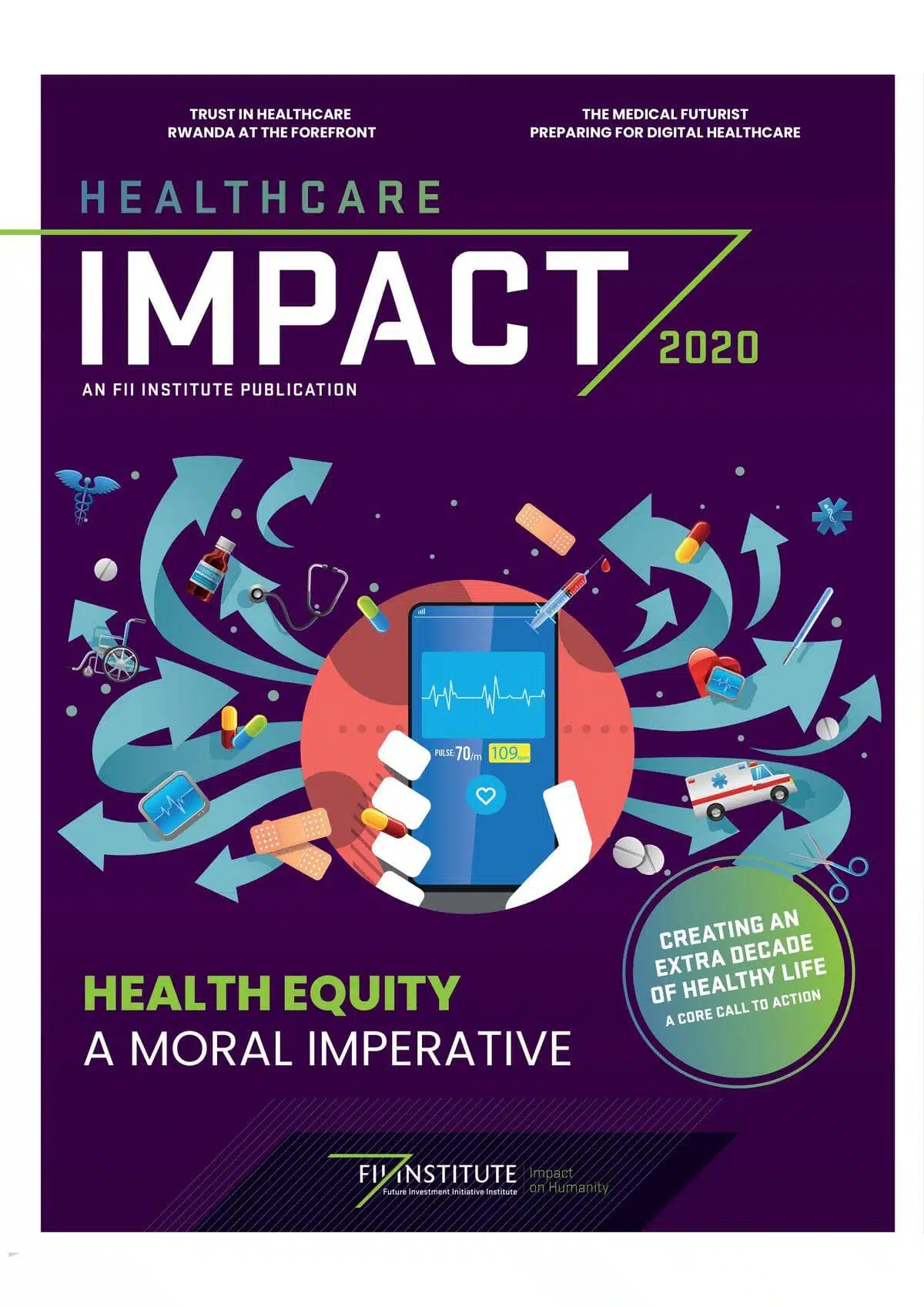The “Healthcare Impact report 2020” published by the FII Institute emphasizes health equity as a moral imperative. There’s a stark global health inequity exhibited by the vast difference in life expectancy depending on where one is born. Additionally, a double burden arises when healthcare costs exceed a certain percentage of household income, forcing difficult decisions on individuals and families.
Key facts and figures indicate that increased investment in healthcare technology can effectively combat these challenges. An extra 5% of GDP invested in the healthcare systems of developing nations could lead to a decade of increased healthy life expectancy. Integrating AI and robotics into these systems could potentially increase healthcare investment efficiency by 20%.
The report highlights the significant disadvantage developing countries’ healthcare systems face due to a lack of financial means and access to innovative technology. This deprivation obstructs them from reaping the substantial social and economic benefits of improved health and productivity.
Furthermore, the global obesity rates have tripled since 1975, becoming one of the top three health risks worldwide. The report emphasizes the urgent need for transformative changes in healthcare, particularly in the face of an increasing global population.
The FII Institute presents the UN Sustainable Development Goal 3 – ensuring healthy lives and promoting well-being for all ages – as a driver of the necessary healthcare innovation. The report further discusses how technological advancements, improved nutrition, and preventative health measures can revolutionize healthcare systems worldwide.
The research also stresses the necessity for global focus on Africa. Despite having 16% of the world population, the continent carries 26% of the global disease burden and receives less than 2% of total global healthcare funding. Therefore, significant progress in African healthcare is essential for achieving the worldwide health goals set for 2030.
The FII Institute’s annual global healthcare study aims to contribute to this vital conversation around change, hoping to inspire collective action towards extending healthy lifespan, increasing global productivity, and improving quality of life across the globe.

